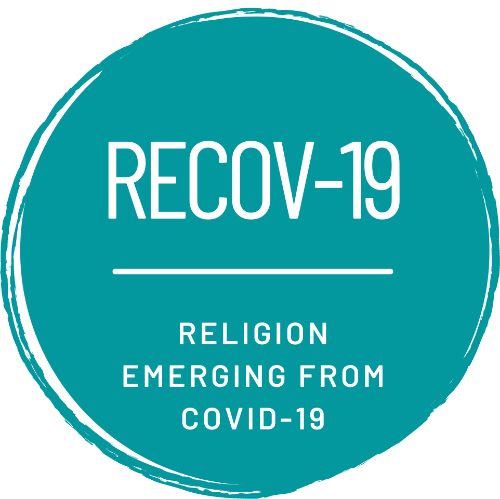The Changing Role of Religion in Societies Emerging from Covid-19
RECOV-19 is a three-year, multi-disciplinary research project analyzing the role of religion in societies emerging from the COVID-19 pandemic.
The project investigates whether or to what extent the role of religion has changed during the pandemic in five contexts: Canada, Germany, the Republic of Ireland/Northern Ireland, Poland, and Russia & Belarus. It has three main areas of investigation: discourses around health, illness, and science; changing relationships between religions and the state; and religious adaptations to the digital world.
RECOV-19 is funded through the Trans-Atlantic Platform (T-AP) for the Social Sciences and Humanities, a collaboration between humanities and social science research funders from the Americas and Europe. It received an award under T-AP’s ‘Recovery, Renewal and Resilience in a Post-Pandemic World’ programme.
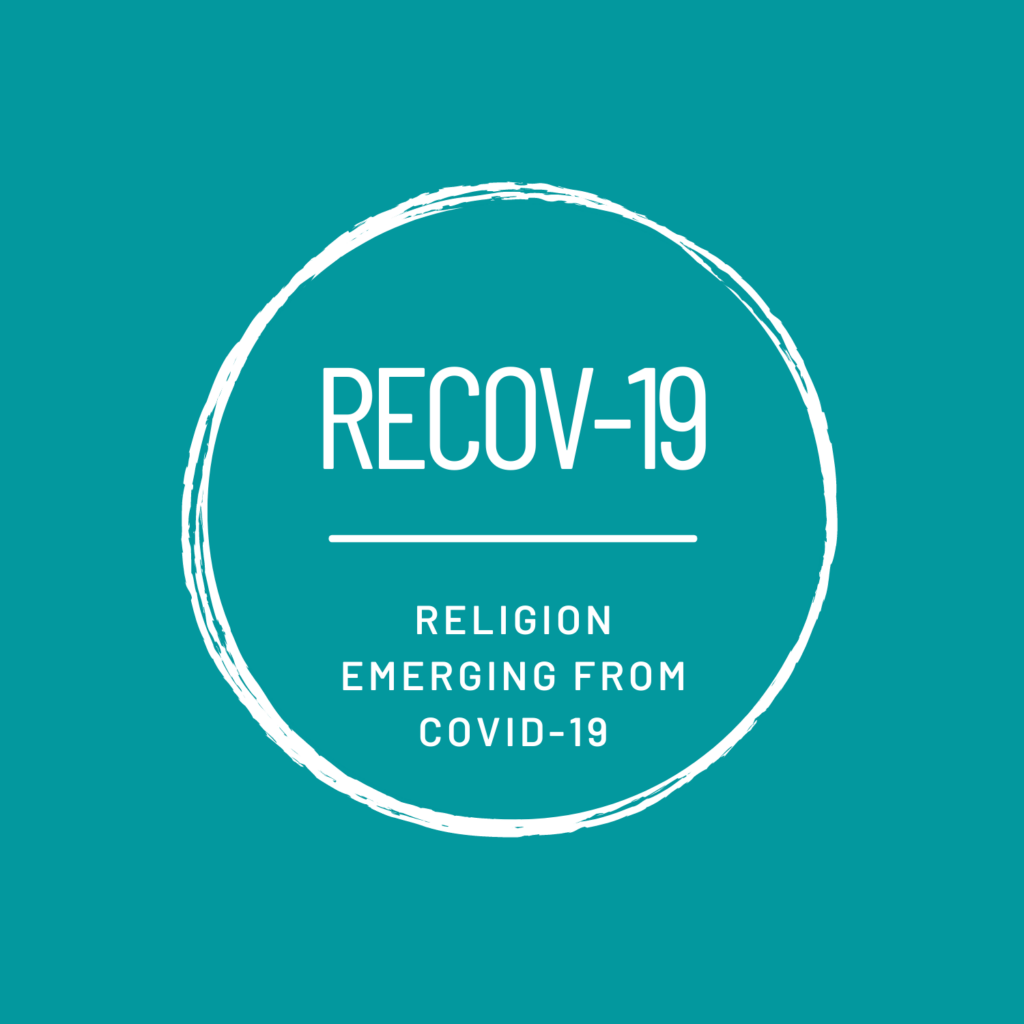
Publications
Scientific Articles
- Kołodziejska, M.; Mandes, S. and Rabiej-Sienicka, K. (2024): Cultural and Theological Influences on Religious Engagement with Digital Media during COVID-19: A Comparative Study of Churches in Poland and Ireland. Religions 15, 354. https://doi.org/10.3390/rel15030354
- Ganiel, G. and Ní Dhónaill, C. (2024): Religion on the island of Ireland during the Covid-19 pandemic: piety in the public sphere?. Religion State Society, 1-21.https://doi.org/10.1080/09637494.2024.2369381
- Ganiel, G. (2025): Ireland Is Post-Catholic, But Religion Still Matters. Current History 124 (860). 89-94.
https://doi.org/10.1525/curh.2025.124.860.89 [Titel anhand dieser DOI in Citavi-Projekt übernehmen]
Research reports
- Ni Dhonaill, C. (2024): Staying safe during the Covid-19 pandemic: religious organisations and the safeguarding of young people on the island of Ireland. Link.
- Colin, M.; Lefebvre, S. and Tsvetkova, D. (2023): Publications by religious organisations during the Covid-19 pandemic in Canada. doi: 1866/28528
- Grünenthal, H. (2023): Publications by religious organisations during the Covid-19 pandemic in Germany. doi: 10.26092/elib/2277
- Ni Dhonaill, C. and Ganiel, G. (2023): Publications by religious organisations during the Covid-19 pandemic in Ireland. Link.
- Rabiej-Sienicka, K. and Kołodziejska M. (2023): Publications by religious organisations during the Covid-19 pandemic in Poland. doi:10.18150/UNSWEH
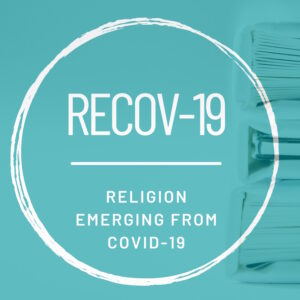
Researchers
Principal Investigators
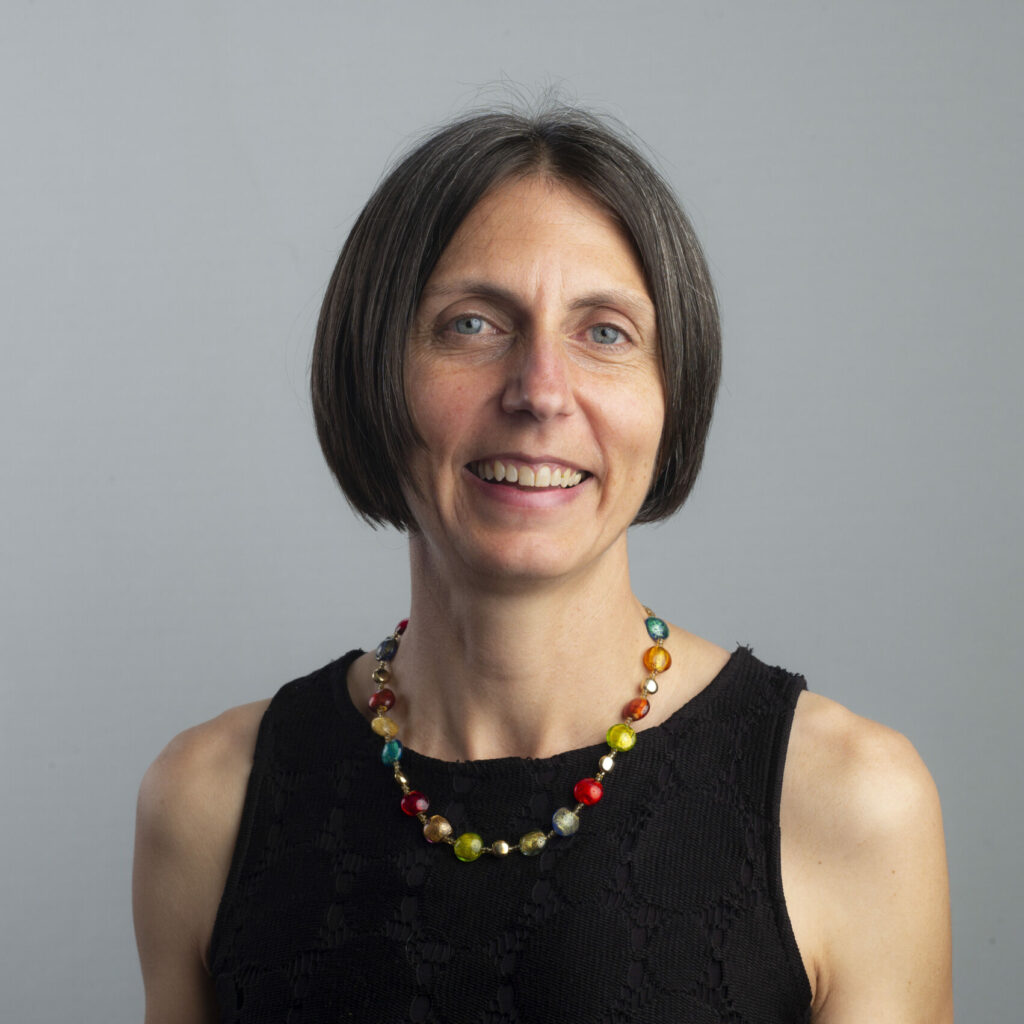
Prof. Dr. Gladys Ganiel
Queens University Belfast
(UK/Ireland)
Gladys Ganiel is Professor in the Sociology of Religion at Queen’s University Belfast. Her specialisms include religion on the island of Ireland, religion and conflict, evangelicalism, and the emerging church.
Her six books include the award-winning The Deconstructed Church: Understanding Emerging Christianity (co-authored with Gerardo Marti) and Transforming Post-Catholic Ireland. She is a Member of the Royal Irish Academy.
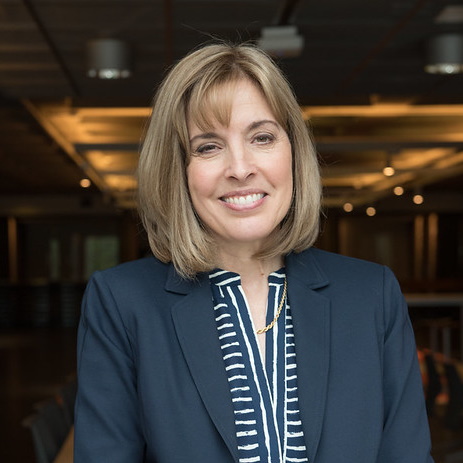
Prof. Dr. Solange Lefebvre
University of Montréal
(Canada)
Solange Lefebvre is Professor in the Religious Studies at the University of Montreal, Quebec, Canada, where she holds the Chair in the Management of Cultural and Religious Diversity at the Institute of Religious Studies. Her specialisms include religion and politics, secularism and religious diversity, Christianity and society. She has published more than 130 articles and chapters, 5 monographs and 13 collective books, and edited around fifteen issues of scientific journals. Being the actual director of the Interdisciplinary Center for Research on religions and spirituality at UdeM, she is also member of several editorial boards of scientific journals, such as Religious Sciences/Studies in religion, International Journal of Sociology of Religion and the Journal of Empirical Theology. She is a Member of the Royal Society of Canada.
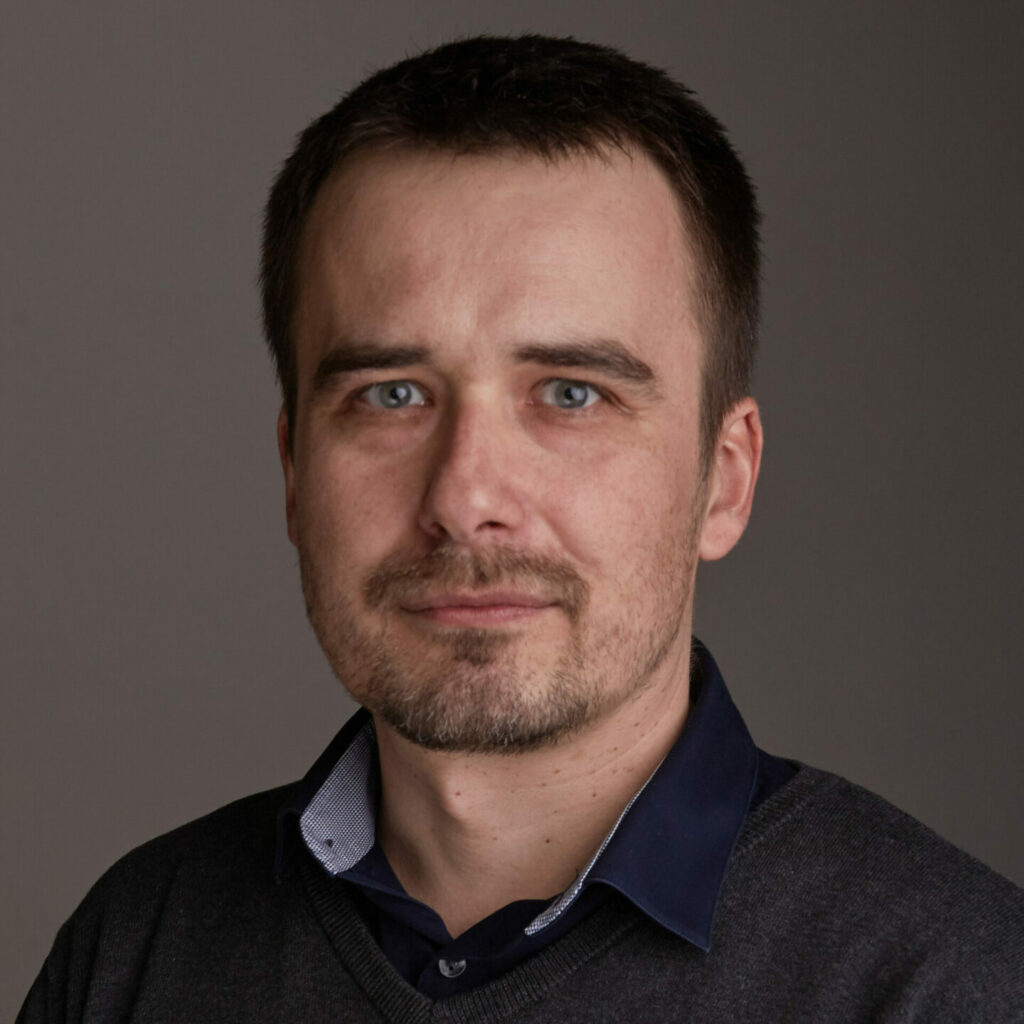
Prof. Dr. Sławomir Mandes
University of Warsaw
(Poland)
Slawomir Mandes is a sociologist, Assistant Professor at University of Warsaw, Faculty of Sociology.
Topics of his research include: sociology of religion, social policy and interconnection between the two. He also conducts research concerning local government and social policy at the local level. Participant of international research project. Member of the Polish team responsible for conducting “European Values Study” in Poland. Much experienced in conducting and managing quantitative and qualitative research. Author of many rapports and articles based on quantitative and qualitative research (including of European Values Survey). Member of Polish Sociological Association and The International Study of Religion in Eastern and Central Europe Association.
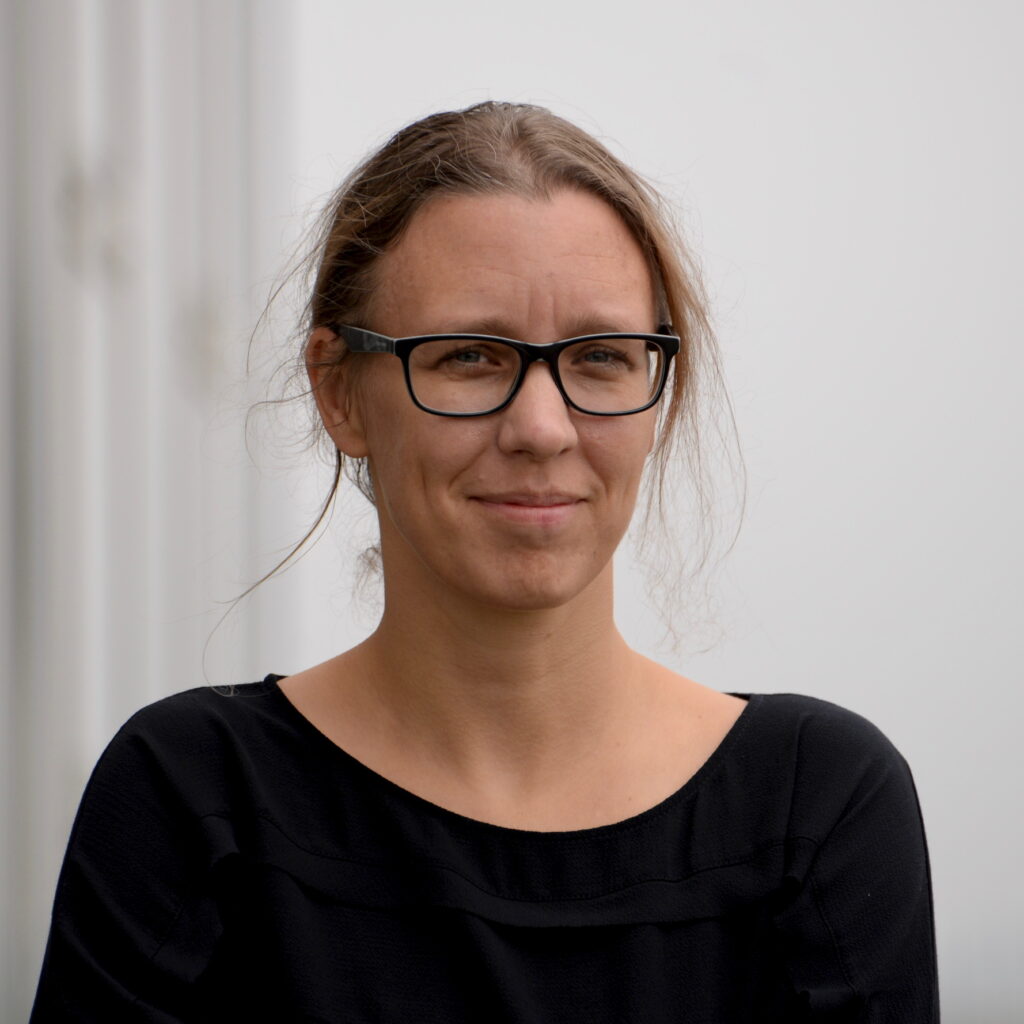
Prof. Dr. Kerstin Radde-Antweiler
University of Bremen
(Germany)
Kerstin Radde-Antweiler is professor of Religious Studies at the University of Bremen, Germany. Her research focuses on mediatized religion, mediatization theory, video gaming, Christian traditions and ritual studies. She authored several articles and co-edited several volumes and special journal issues, including the Handbook on Religion and Journalism (Routledge 2020), Mediatized Religion in Asia (Routledge 2019) and Methods for Researching Video Games and Religion (Routledge 2018).She is editor-in-chief of gamevironments, the first academic journal with a specific focus on video gaming and religion.
Researchers
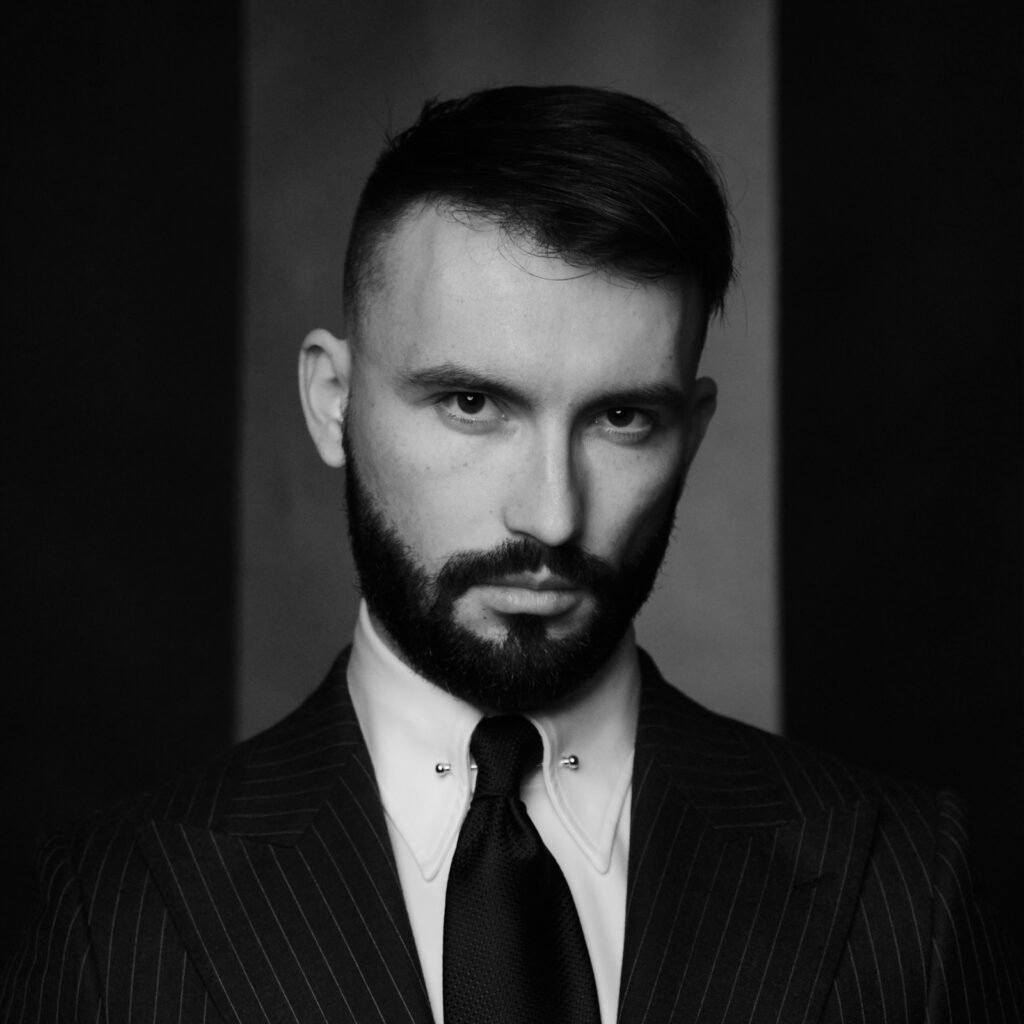
Dr. Mathieu Colin
University of Montréal
(Canada)
Mathieu Colin received his Ph.D. from the University of Montreal. He is currently the lead professional research agent of the Canadian team of RECOV-19. His areas of expertise include new religious movements, politics and religion, conspiracy theories and far-right ideologies.
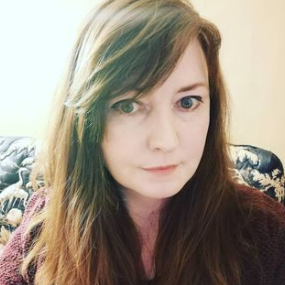
Dr. Caoimhe Ni Dhonaill
Queens University Belfast
(UK/Ireland)
Dr Caoimhe Ní Dhónaill graduated with her Ph.D. in Sociology from Queen’s University in July 2012. Since then she has built a diverse research portfolio, addressing issues such as disability, ageing, identity, Intimate Partner Violence, policing and Sex Work. Her major research interest is in Identity, and has had focus on the interplay of religion and politics in forming a sense of self. She also has a strong teaching background, having most recently focussed on the role of religion in a Conflicted Northern Ireland.

Dr. Amrei Sander
University of Bremen
(Germany)
Amrei Sander is a research associate at the Center for Media, Communication and Information Research (ZeMKI) at the University of Bremen. She received her doctorate at the Humboldt University. Her main interests are Gender and Religion, Feminist Theology and Contemporary Religions in Germany.
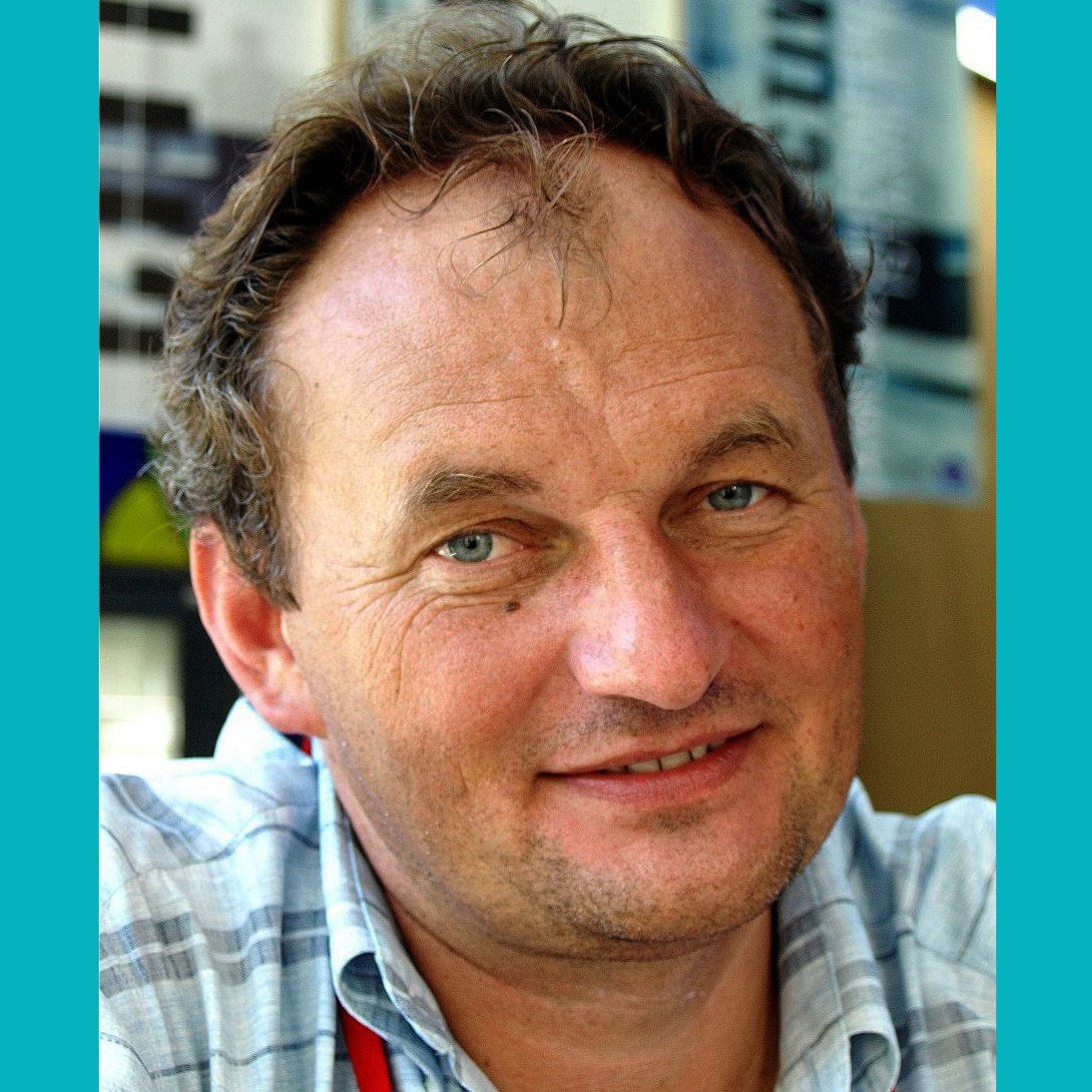
Dr. Victor Khroul
University of Bremen
(Germany)
Victor Khroul, Ph.D., Dr. habil., is a researcher at University Bremen. He is also an associate member of Center for Religious Studies, Ruhr-Universität Bochum (Germany) and non-residential fellow of Center for Media, Data and Society, Democracy Institute of Central European University (Budapest, Hungary).
After holding several offices and professorships, such as being co-chair of the Religion and Communication working group in the International Association for Media & Communication Research (2012-2018) and a Professor, School of Media, Higher School of Economics (Moscow, Russia, till 2022), he is now supplementing the project with research on Religion in the Covid-Pandemic in Russia and Belarus.
In 2022 he received a honorary Award for the “Sciences, Arts and Peace” from Royal Academy of Belgium.
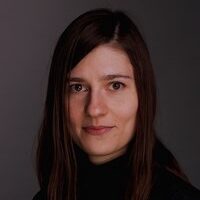
Dr. Marta Kołodziejska
University of Warsaw
(Poland)
Marta Kołodziejska, Ph.D., is a sociologist of religion, working at the Faculty of Sociology of the University of Warsaw, Poland. Her main research focus is on the relationship between the media (digital in particular) and religious community, identity, authority, as well as spirituality. She works with qualitative methods and explores novel approaches to study various social implications of using digital media. Her publications include “Online Catholic Communities: community, authority and religious individualisation”, and “Building Spiritual Immunity: The Strategic Use of the HealthMessage in the Seventh-Day Adventist Church Media during the COVID-19 Pandemic”.
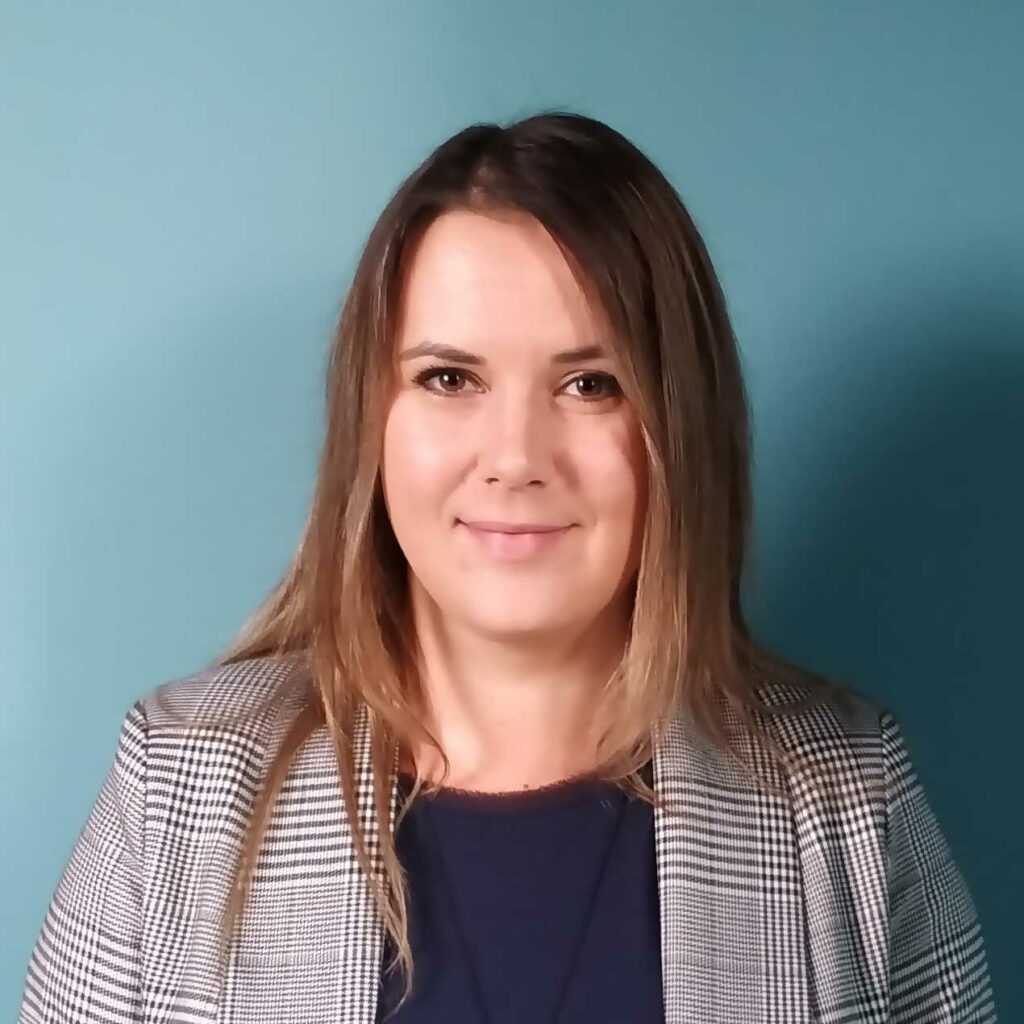
Dr. Katarzyna Rabiej-Sienicka
University of Warsaw
(Poland)
Her research interests focus on the relationship between the community and the change agents and their role in contemporary world challenges. As part of the Krakow City Award in 2020, she received an award for her doctoral dissertation “Coworking. Individualism in community”. Author of research: “Coworking Spaces – Solidary Community in Times of Plague”; “Before the Destruction; from a Collective Workplace to an Urban System of Ideas”. Member of the research team: “Tempus Fugit – Future Visions in Energy Policies in Poland and their Significance for Energy Transition” led by dr hab. Aleksandra Wagner, prof. UJ. Author and research coordinator for the International Festival of Independent Cinema NETIA OFF CAMERA. Director at Wojciech Jerzy Has Krakow Film School.
